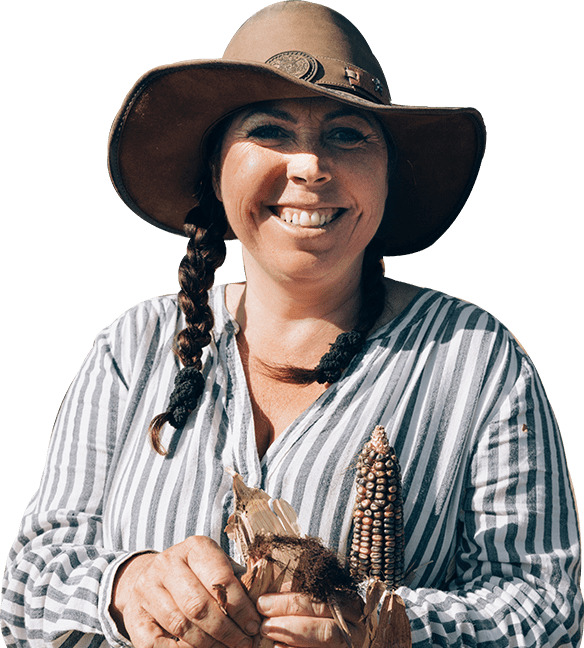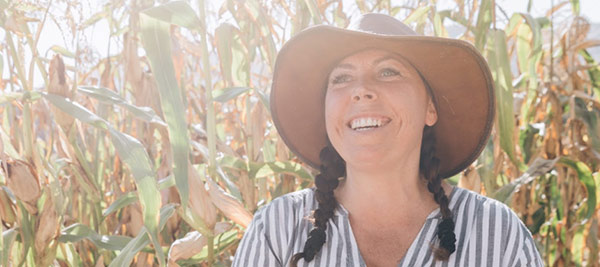FEATURED FARMER:
MOLLIE
ENGELHART
“We came to this farm to build community. Physically, with our home here, but also to grow sustainable food for our restaurants and extended southern California friends, family, and food lovers. We came to practice regenerative agriculture and cultivate a new way of thinking of our food.”
All of a sudden the question of having a local food source became the most important one to answer. Not out of luxury, but out of necessity. People were searching the phrase “CSA near me” at record rates in April:
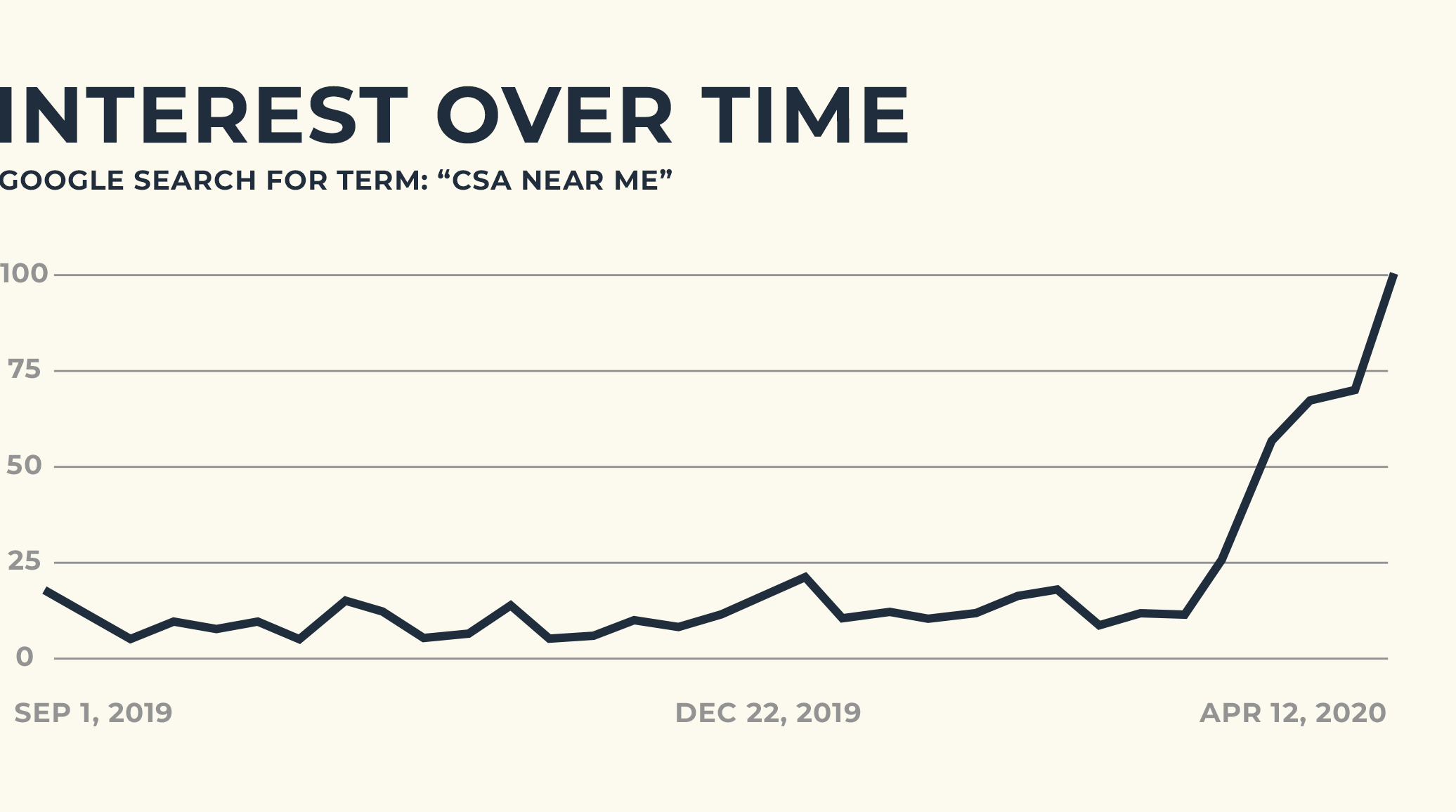
It was these same questions that have inspired the work, the farm, and the life of our featured farmer and chef, Mollie Engelhart.
She grew up barefoot, with soil between her toes, on an organic, 27 acre farm in upstate New York. As a kid, her free time was spent covered in dirt, splashing the pond, eating carrots she yanked out of the ground as she frolicked around the gardens and apple orchards of her family farm. Here is where her intrinsic love for healthy food and diversity was nourished.
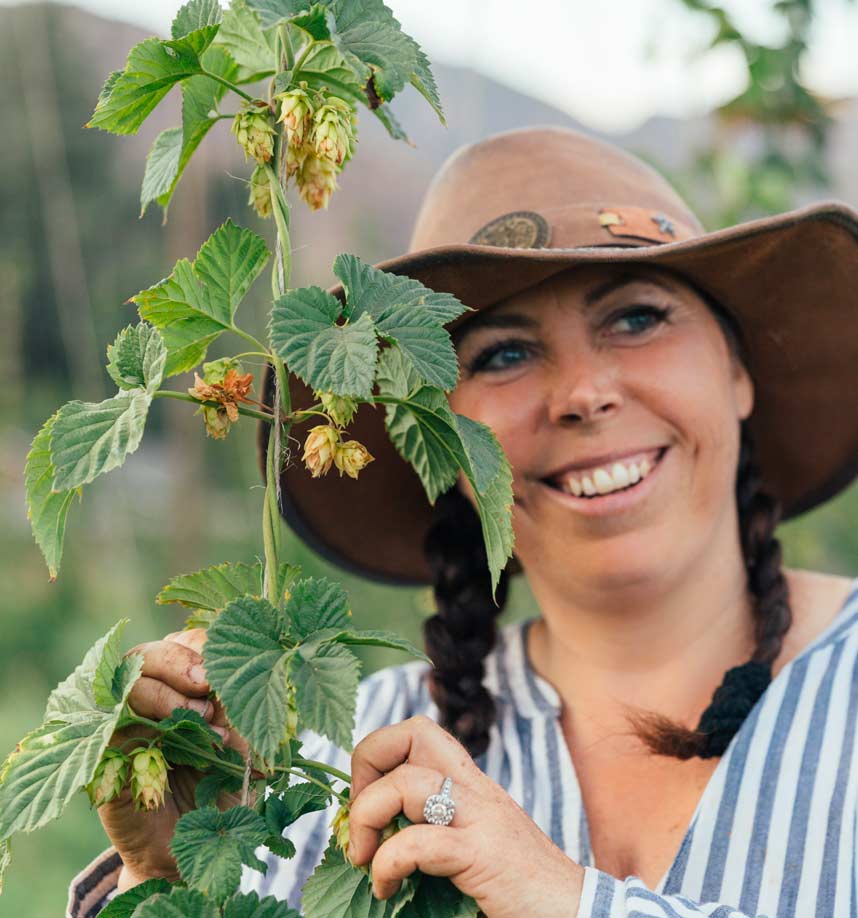
With this eclectic palette of passion across various roles and industries, we wanted to know how and when farming became part of her vision.
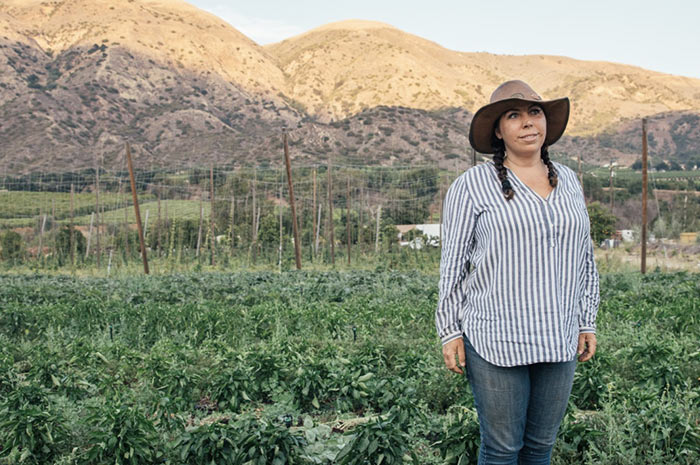
That same day her brother sent her this TED Talk by Graeme Sait (which we highly recommend listening to) and it was one of the most pivotal 20 minutes of her life. She started telling everyone about it.
She began to dissect every part of her supply chain across multiple restaurants to understand the impact of each decision and identified where there was an opportunity to change it to be more local and regenerative.
“I had been checking the boxes of what I thought ‘doing my part’ meant, but it hit me that doing my part was actually doing it. I personally had to do it. I had to start a farm.”
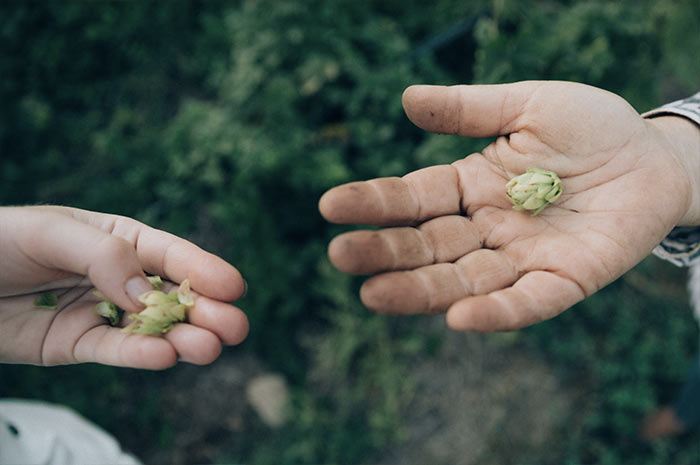
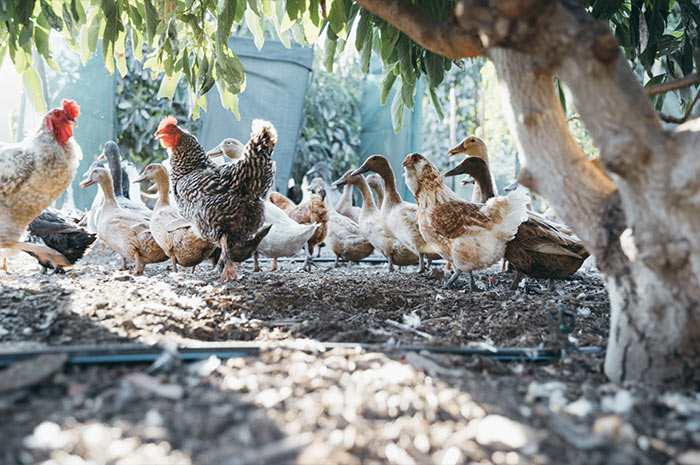
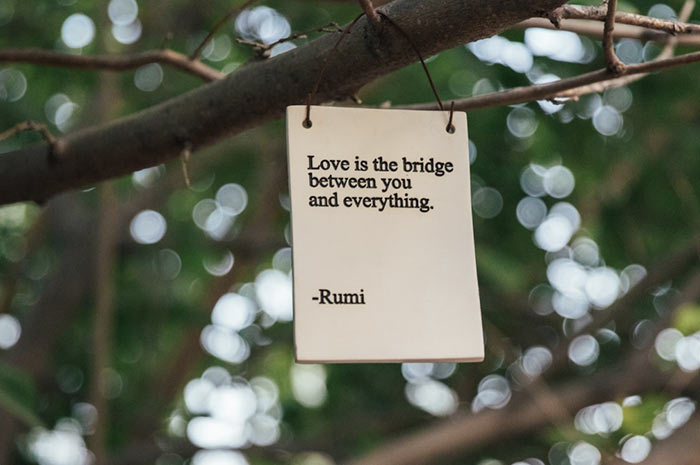
Mollie was determined to be able to say to her grandkids that she did everything she could do to create a better future and a better planet for them to live in.
And so, Mollie’s journey as a farmer began.
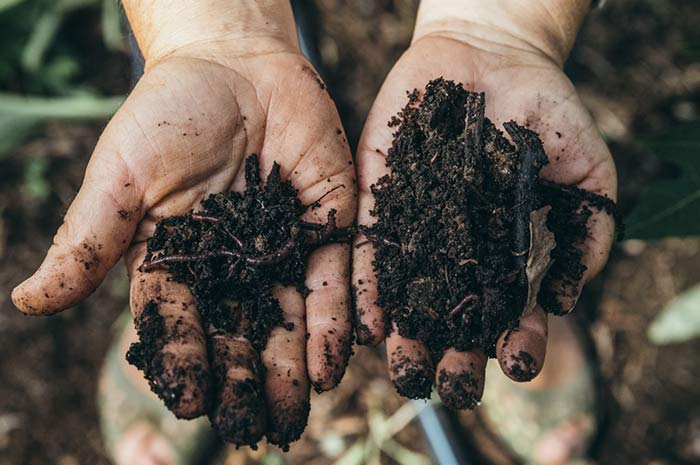
First up, getting land.
Seems simple, right? Wrong.
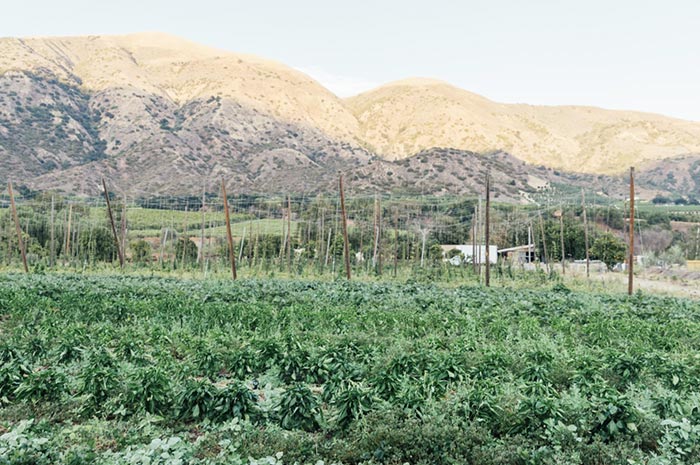
Second up,
regenerating the soil.
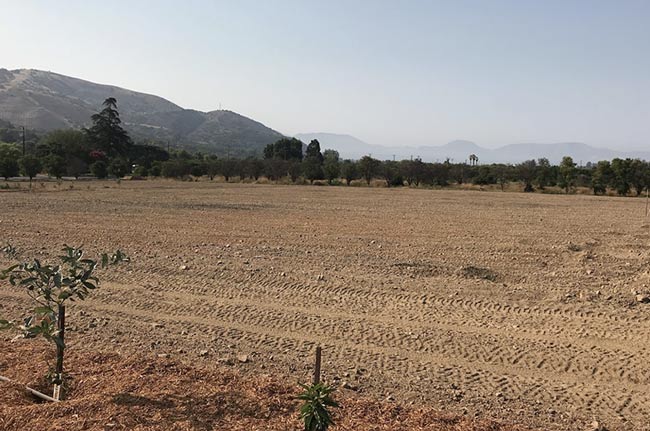
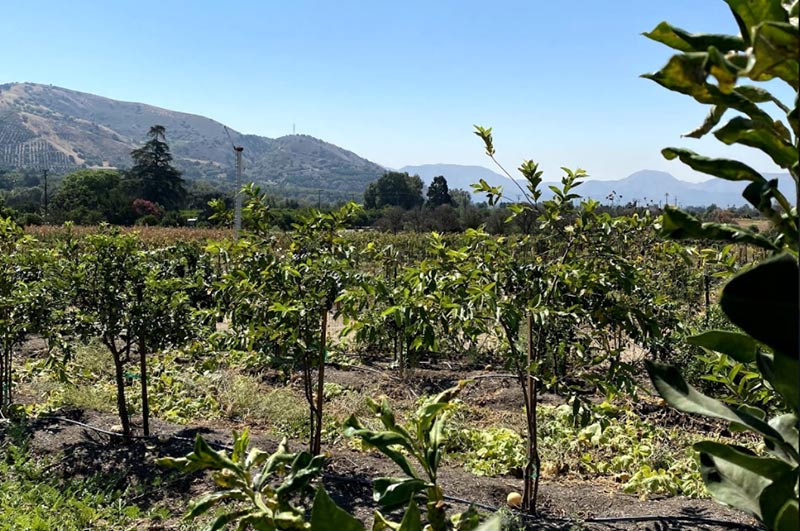
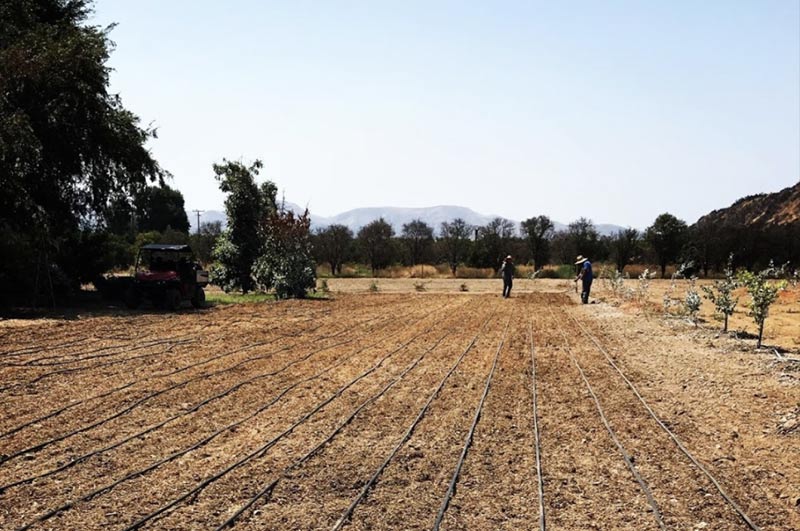
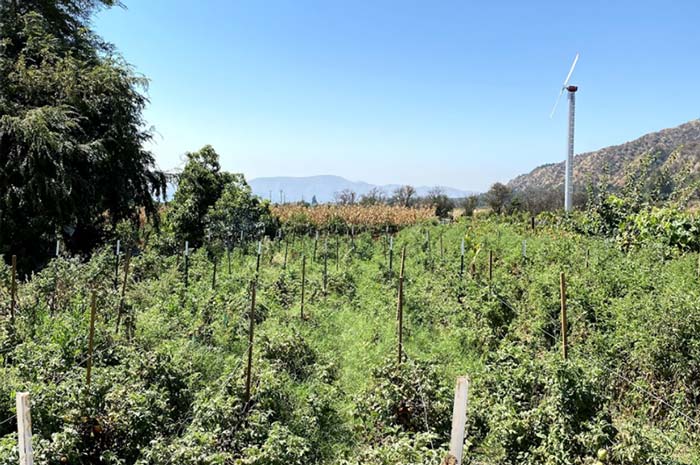
Mollie attributes a significant amount of what she’s learned to Google and all of the resources and rabbit holes it has taken her down. Having breastfed for 5 years with three young munchkins under the age of 5, she’s had a lot of late night hours spent being up in the wee hours of the night soaking in countless YouTube videos and articles.
Mollie’s passion and drive is palpable. One conversation will leave you awakened to how critical progress is, right now, for us all to do not just what we can, but more importantly, what we think we cannot, because the lifeline of the planet is at stake as is our health and we all need to dig deeper to rethink what we are able to contribute.
This is the way Mollie is bringing her customers back to the land.
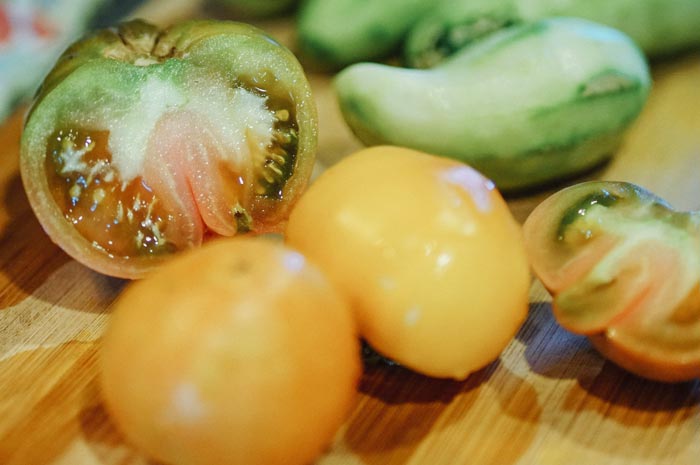
So what are the next steps to lasting change?
Mollie believes change must come from the consumers. If you demand change on the menu, what’s in your food, and how it is grown,the chef is going to shift it to what the consumer wants. They have to if they want to stay in business.
The most powerful ways to do this as a consumer are:
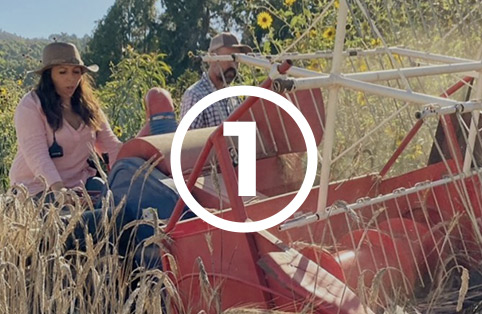
Buying your produce from a truly local CSA and in the process meeting the farmer and taking the opportunity to be surprised by a diverse set of produce that you get each week let that inspire what you cook for your family.
Sow a Heart recently partnered with a new app called CropSwap which brings together consumers and local farmers, shortening the supply chain. and this has powered the growth of her CSA.
Remember that graph we shared at the beginning:
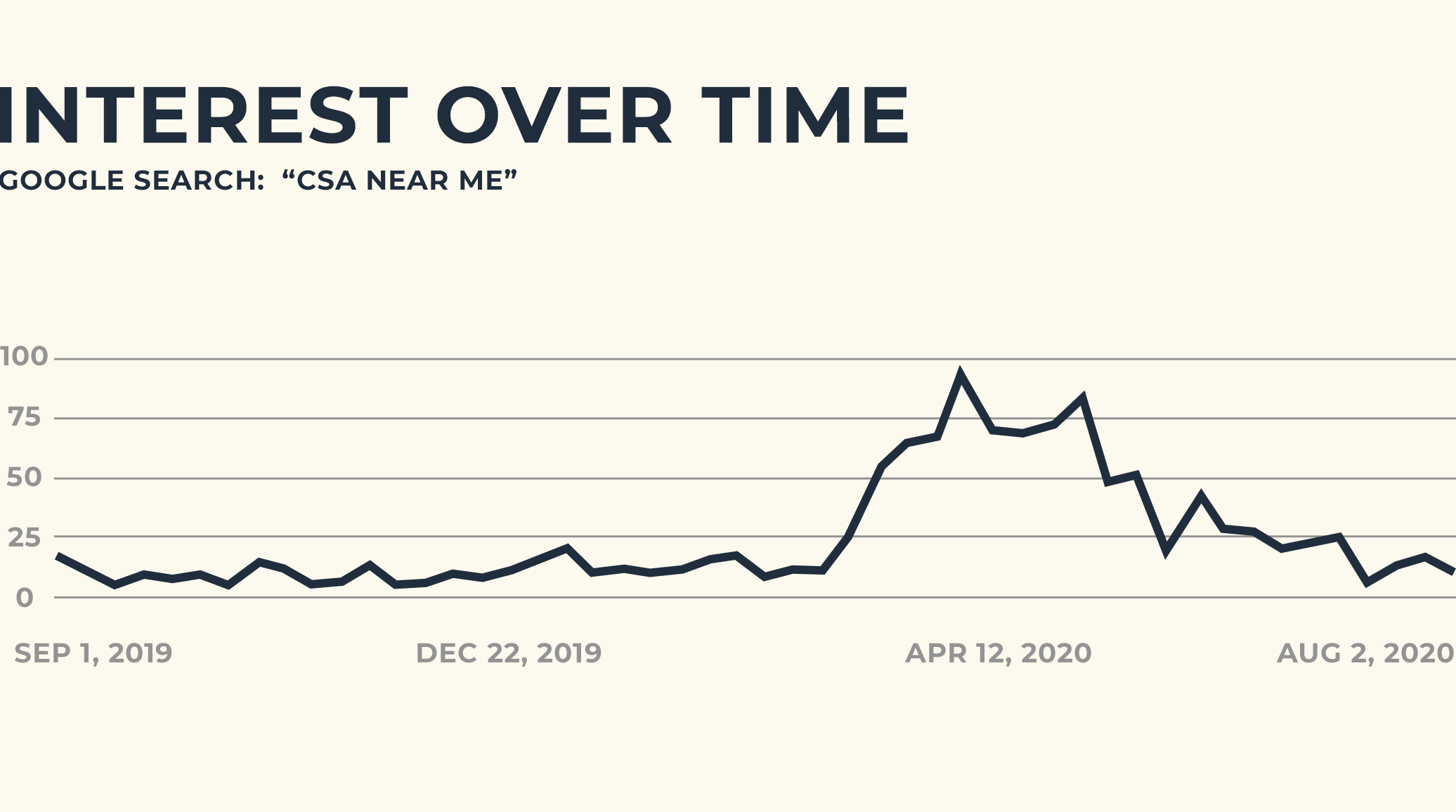
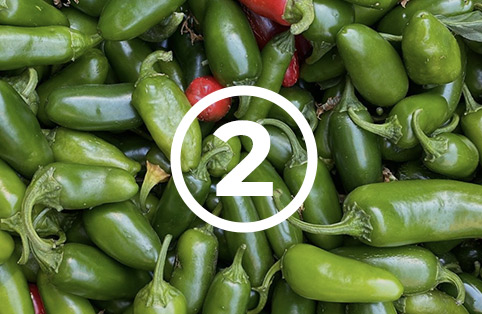
Grow your own food or support someone who does.
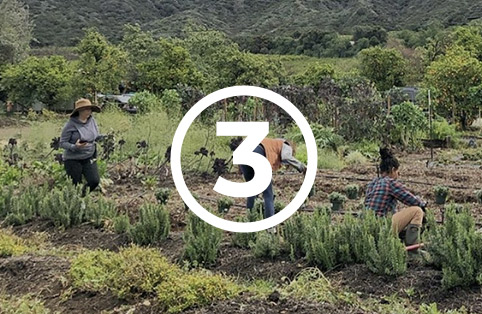
Continue learning how the food supply chain has an impact far beyond your plate.
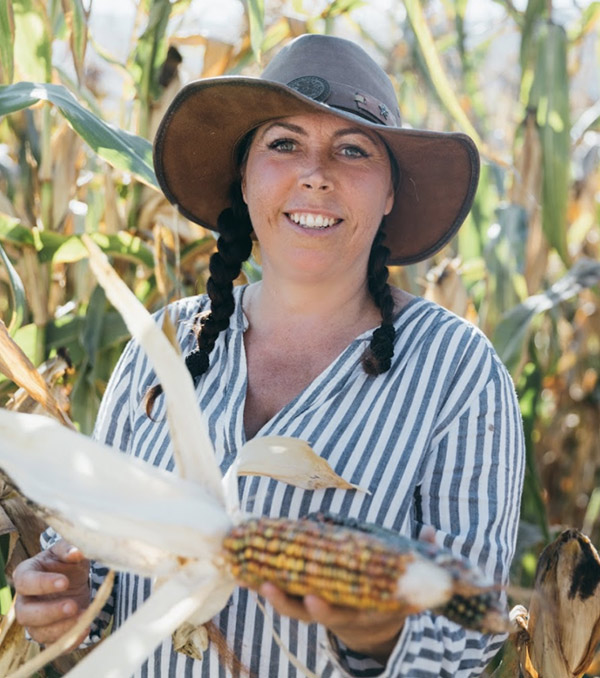
We encourage you to connect with Mollie and follow her journey!
